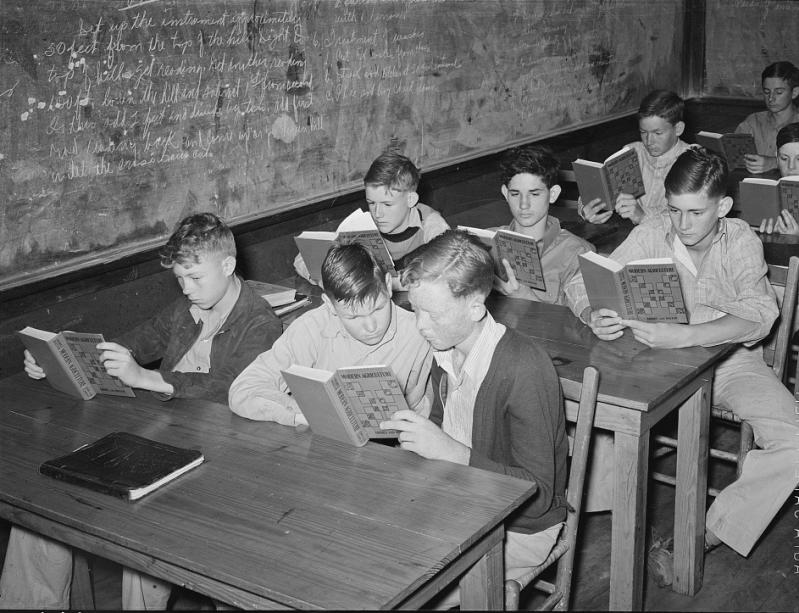Close readers of this newspaper, very close, may have noticed in “The Lineup,” the resurrected listing of local sporting events on the sports page, that East Hampton’s J.V. girls basketball team played Our Savior New American School over the weekend.
Never heard of it? You’re not alone. But it’s been there in Centereach since 1992, having grown into a full-blown K through 12, “unified in its commitment to enjoying and transmitting the blessings of a strong Christian and American heritage,” in the words of its website, “along with the fruits of Western Civilization.”
“ ‘Western Civilization’?” a college professor once said to me on seeing the title of a book I was carrying. “It’s an interesting argument.”
But seriously, folks, the school’s “Academics” pull-down menu leads to fascinating reading, touting a “classical education . . . of Aristotle, Augustine, Galileo, Newton, Luther, Calvin, Madison and Jefferson.”
Whoever on staff put this information together proceeds to set up the ideals of “progressive education” before enthusiastically knocking them down with rhetorical hammerblows apparently learned from the Great Books.
“Progressive: The goal of education is for students to get a job. . . . Classical: Students receive an education to become free, virtuous and wise human beings.”
“Progressive: Students read overviews and summaries from textbooks that change every few years.” We products of the public schools remember it well.
“Classical: The student experiences original sources firsthand.” The point is driven home by a parenthetical flourish of Latin, “ad fontes” — to the sources. The student is thus “able to form his own opinion instead of relying on the perspective of a textbook editor.” Oof.
Just one more. Instead of specialization without “a firm foundation,” students are taught “to think in an organized and consistent way. Rhetoric takes it one step forward by teaching them to communicate in a winsome and effective manner. In a society in which logical and gracious discourse has gone by the wayside, these disciplines are needed more than ever.”
This is remarkably well put. And it’s surprising, isn’t it, the turning of the tables, the conservative institution, not a liberal one, promoting freethinking and the questioning of authority, even the very point of a life. Eat your hearts out, you old hippies.
One of the most memorable opinion pieces I’ve read in The Times, from 2022, was titled “My College Students Are Not Okay,” by Jonathan Malesic, a lecturer at Southern Methodist University, in which he details the apathy, the absenteeism, the digitally addled nature of students today, before concluding with a resounding exception found at, of all places, the University of Dallas, “a small Catholic university with a great-books curriculum and a reputation for conservatism.”
There he sees students in small seminars riveted by Milton and Dante. Attention is often one-on-one; accountability is ratcheted up. And smartphones and laptops are checked at the damn door.
Let me anticipate the criticism: True, you may have to seek out James Baldwin and Willa Cather on your own time, but you can certainly find a syllabus with Austen, Dickinson, Woolf.
It’s a start. More than a start. Desperate times call for a trip deep into the past.

